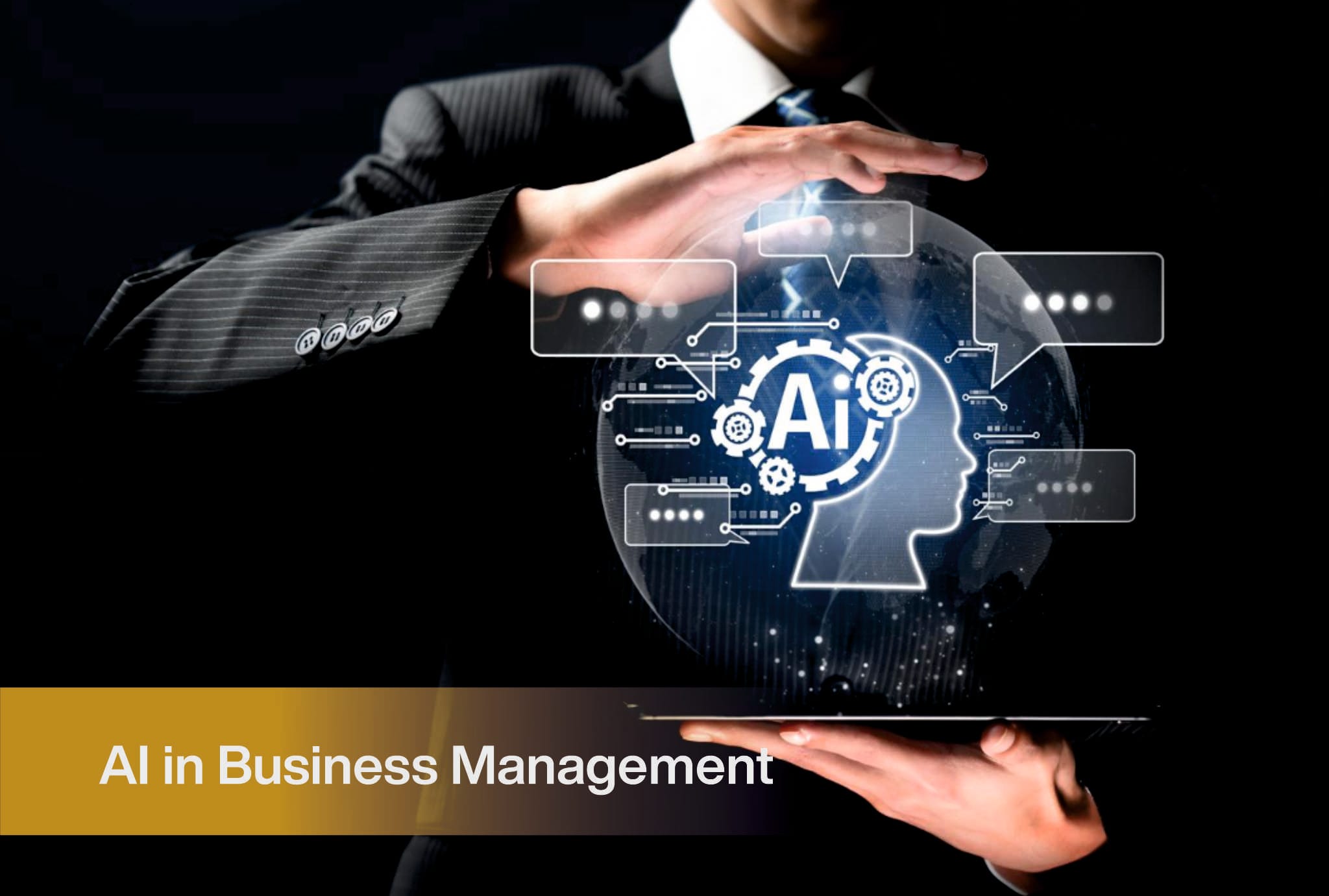The integration of artificial intelligence in business has transformed how organisations make decisions, optimise operations, and engage with customers. As AI continues to reshape industries, management students are discovering new avenues for career growth. The career scope of artificial intelligence in business management in 2025 and beyond is vast, offering diverse opportunities across sectors.
What is Artificial Intelligence in Business?
AI in business refers to the use of intelligent algorithms, automation, and data-driven insights to enhance productivity, efficiency, and innovation. From predictive analytics to robotic process automation, AI applications in business are redefining management processes, allowing companies to make smarter, faster, and more strategic decisions.
Key AI Technologies in Business
The main technologies driving AI in management include machine learning, natural language processing (NLP), chatbots, predictive analytics, and robotic process automation (RPA). These tools help businesses automate tasks, forecast market trends, and personalise customer experiences, skills that are becoming essential for future business leaders.
Applications of AI in Management
AI applications for management students span areas such as finance, marketing, operations, and human resources. For instance, AI optimises supply chains, predicts customer behaviour, streamlines recruitment, and enhances marketing ROI. Managers who understand these applications gain a competitive advantage in the evolving corporate landscape.
Why Choose AI in Business Management as a Career
An AI career in business management is among the most promising options for students in 2025. Companies increasingly seek professionals who can bridge the gap between technology and management. Combining AI proficiency with managerial expertise allows graduates to take on roles in digital transformation, analytics leadership, and innovation strategy.
Skills Required for AI Careers in Business Management
For a successful career in AI, management students need a blend of technical, analytical, and interpersonal skills. These competencies enable them to harness AI technologies effectively and lead data-driven teams in competitive business environments.
Technical Skills
Students pursuing AI skills for managers should learn data analytics, programming basics (Python, R), machine learning concepts, and data visualisation. Understanding AI tools like Power BI, Tableau, and TensorFlow helps them collaborate with technical teams and apply AI-driven solutions to managerial problems.
Managerial & Soft Skills
In addition to technical expertise, successful professionals in AI in business management require leadership, strategic thinking, and communication skills. The ability to interpret AI outputs, make informed business decisions, and lead digital transformation projects are key traits employers value in AI-driven business environments.
AI Job Opportunities for Business Students
The expansion of business management AI jobs across industries creates numerous pathways for management graduates. As organisations adopt digital transformation strategies, professionals who understand AI integration and business objectives are in high demand.
AI Business Analyst
An AI Business Analyst bridges the gap between data teams and management, interpreting complex datasets into actionable business insights. These professionals use AI models to improve processes, forecast outcomes, and drive decision-making, making this one of the most sought-after AI job opportunities in 2025.
AI Project Manager / Consultant
An AI Project Manager or Consultant oversees the deployment of AI initiatives across departments. They manage implementation timelines, budgets, and cross-functional collaboration. With experience, they advance to leadership positions guiding AI strategy, innovation, and transformation in global enterprises.
AI Certifications and Courses for Management Students
Earning AI certifications for business students enhances employability and credibility. Courses like Google’s AI for Business, IBM AI Foundations, and Coursera’s Machine Learning for Managers provide practical knowledge. Institutions such as Sigma University offer specialised AI courses for business management students in India, focusing on analytics, ethics, and leadership.
Future Scope of AI in Management
The future scope of AI in management is expanding rapidly. By 2025, businesses are expected to rely heavily on AI for financial forecasting, strategic planning, and customer engagement. AI-equipped managers will play a pivotal role in developing sustainable, data-informed business models and ensuring competitive advantage.
How AI is Transforming Business Management Jobs
How AI is transforming business management jobs is evident in every sector. Traditional managerial roles are evolving into hybrid positions involving AI tools and digital expertise. Tasks like performance analysis, market research, and customer service are being automated, allowing managers to focus on innovation and strategy.
Conclusion
The career scope of artificial intelligence in business management is one of the most exciting frontiers for students today. AI-driven management blends technology and leadership to deliver measurable results. With the right education, certifications, and AI skills for managers, students can secure leadership roles in the fast-growing world of intelligent business transformation.
Frequently Asked Questions (FAQs)
What are the top AI job opportunities for management students?
Management students can explore diverse AI job opportunities such as AI Business Analyst, AI Strategy Consultant, Data-Driven Marketing Manager, and AI Project Manager. These roles combine analytical insight with leadership, making them ideal for students interested in applying AI in business decision-making.
How can management students start a career in AI?
Students can begin their AI career in business management by learning AI fundamentals, data analytics, and business intelligence. Enrolling in specialised courses, completing internships, and gaining exposure to AI-driven projects can build practical experience and open opportunities in consulting, analytics, and strategic planning.
Which certifications help in AI business management careers?
Recommended AI certifications for business students include Google AI for Business, IBM AI in Practice, and Harvard’s Data Science for Managers. These certifications build credibility, technical understanding, and business acumen needed for managerial roles in AI-driven companies.
How is AI transforming business management jobs?
AI is automating routine managerial tasks, enabling smarter AI-driven decision-making. Managers now rely on predictive analytics and machine learning tools to forecast sales, optimise resources, and improve customer engagement, making leadership roles more strategic and data-informed.
How does AI-driven decision-making impact managerial roles?
AI-driven decision-making empowers managers with accurate insights and predictive analysis, enhancing efficiency and reducing risks. It helps leaders make objective, data-backed decisions rather than relying solely on intuition, leading to improved organisational performance and competitiveness.
Which industries hire AI-enabled business management professionals?
AI-trained managers are in demand across industries, including finance, retail, logistics, healthcare, and manufacturing. Companies seek professionals skilled in AI applications in business to drive automation, analytics, and digital innovation, ensuring data-centric management and operational excellence.
What career growth can students expect in AI for business management?
The AI in business management career growth 2025 outlook is exceptional. Students can progress from entry-level analysts to leadership roles such as AI Consultants or Chief Data Officers. With continuous learning, professionals enjoy strong salaries, global demand, and opportunities across tech-driven sectors.


